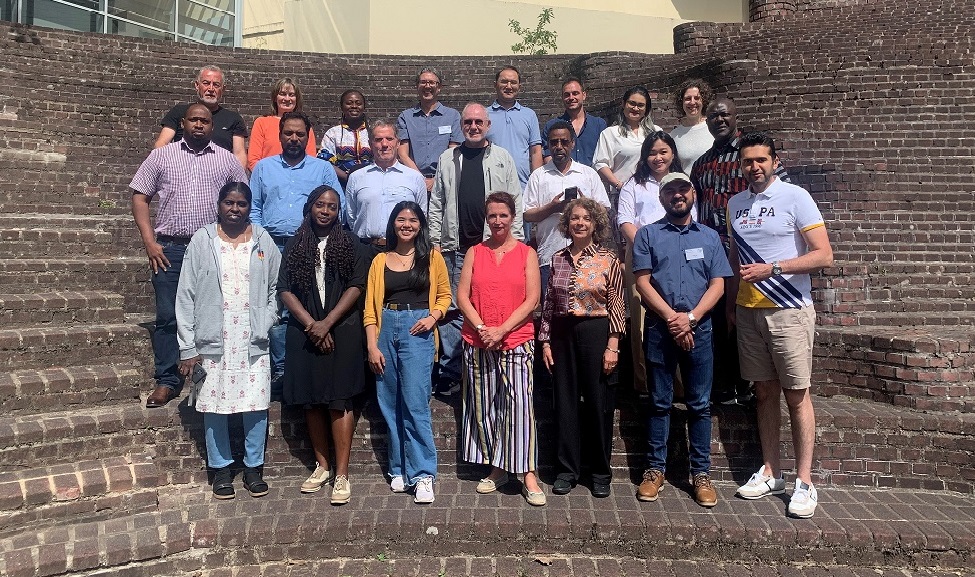Photovoltaic: Opportunity for climate and nature protection in agriculture and rural areas
| Operational time: | 01.01.2023 - 31.08.2024 |
| Sponsor: | DAAD |
| Responsible: | Dipl.-Ing. Ingrid Althoff |
Brief description:
The energy transition needs ecological crash barriers. Every type of energy supply must be evaluated against the essential criteria of “sustainability” (health, environmental and nature compatibility as well as low risk). When switching to renewable energies, environmental and natural impacts must also be minimized. The interventions in the ecosystems should be reversible, i.e. unlike “climate change”, consequential damage must be reversible, because every energy production is linked to the consumption of nature. Consequently, a nature-friendly energy transition should targeted. As a clean and cost-efficient technology for generating electricity, photovoltaic (PV) is a component for implementing climate objectives. In addition to the well-known positive effects, such as avoiding CO2 and air pollutants, outdoor PV systems can contribute to nature and species protection as well as soil and water protection. Ground-mounted PV systems, for example, offer the opportunity to remove areas from intensive use, as the PV system reduces the economic disadvantages that can arise from extensive agriculture. Extensive cultivation contributes to the development of diverse vegetation structures and thus to increasing biodiversity in the agricultural landscape. With the Agri-PV system, higher yield by hectare can be achieved than with separate use of land. In general, locations such as landfills or conversion areas with a high degree of sealing and standing waters are also suitable for PV systems. The project address aspects of nature-friendly planning of PV systems as well as the foundation, i.e. the anchoring of the systems in the underground as important part of planning.
International Seminar in June 2024
A seminar on “Photovoltaic: Opportunity for climate and nature protection in agriculture and rural areas” was held from June 18 to 30, 2024 under the direction of the Chair of Geotechnics at the University of Siegen. The seminar was divided into two parts. The first part of the seminar was held from June 18 to 23, 2024 in Munich and the surrounding area. 81 international alumni from over 20 countries, who were accompanied by four German universities, including the Chair of Geotechnical Engineering at the University of Siegen, were invited. The Smarter E Europe 2024 trade fair in Munich, the International Campus Days of the University of Applied Sciences Weihenstephan - Triesdorf (HSWT) in Freising (Agriculture, Food Production and Biotechnology) and in Triesdorf (Renewable Energies and Digital Agriculture) were visited, initial contacts were made with specialist companies and technical discussions were also held within the group. The second part of the seminar then took place at the relevant universities from June 24 to 30. The University of Siegen hosted 21 international alumni. Representatives from specialist companies were also invited during the week in Siegen. The seminar was successfully concluded with an exchange of information on the implementation of PV systems in agriculture and urban areas as well as geotechnical aspects, valuable discussions and ideas. Below, we provide the presentations to the participants.
| Tuesday | Wednesday | Friday | Saturday |
| Gregor | Aber | Ingrid 1 | Fabian |
| Magdalena | Stephan | Waseem | Abadi |
| Carsten | Kerstin 1 | Samwel | Gunsmaa |
| Christian | Farukh | Ingrid 2 | Rastee |
| Hans | Esther | Gaston | |
| Ernesto | Kerstin 2 | Ana |
 |
.jpg) |
